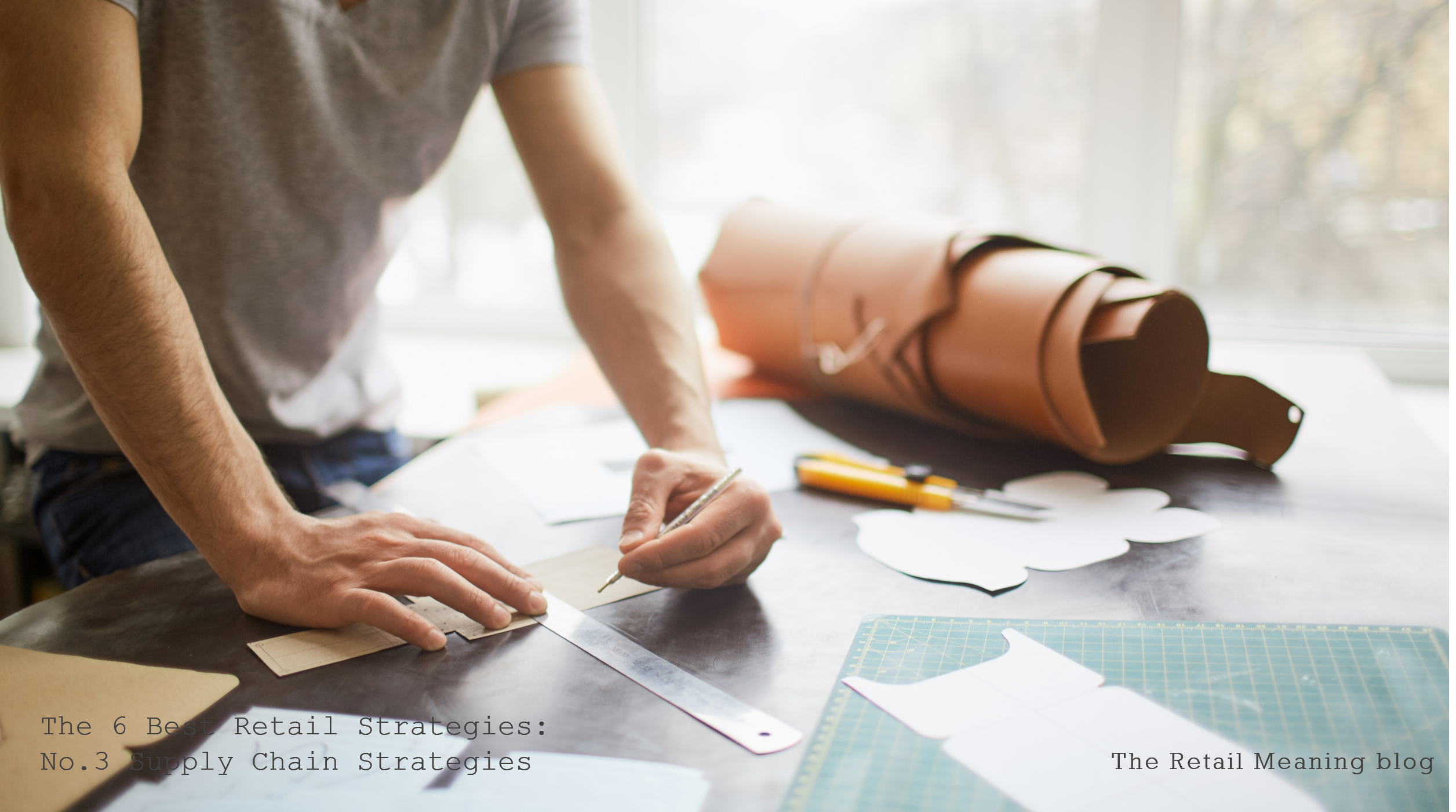Supply Chain Partners: In the same boat together
The relationship with suppliers has never been so important. The COVID lockdown exposed the dangers of weak supplier integration, whilst the move to remote digital communications highlighted the opportunities for technology applications across new supply chains.
Trust between some suppliers and retailers hit an all-time low as orders were cancelled and payments frozen. The repercussions of such actions will set back the industry, unless proactive action is taken to re-build relationships and increase safeguards for suppliers.
Retailers wishing to evolve supplier relations would do well to begin with opening new dialogues and taking measures to personalise individual relationships as far as possible.
Evolving the ethical supply chain.
Customers no longer separate in their eyes the practices of the retailers they buy from, and the suppliers selected by the retailer. It is important for retailers to take an ever-more active role in the monitoring and implementation of human rights, employee conditions, and sustainable initiatives in those suppliers.
Bad practices, at home and abroad, will ultimately reflect poorly on the retailer. It is in their interests to establish a better understanding of their suppliers, through the development and application of supplier charters and impartial monitoring. These agreements must cover working practices and conditions, child labour, potential slave labour, payment, working hours, working environments, air & water pollution safeguards.
It should become normal practice for both suppliers and the retailers who use them, to take a more active role in the social and ecological issues of the areas around factories and the places where workers live. In the best cases, this can include housing, sanitation, healthcare, education and job security.
Evolving a better relationship will have a variety of commercial benefits from increased efficiency and reliability to a better collaboration on the quality of product sample standards and checking procedures, and the added-value of the final product.
Enriching product quality & consistency
The enrichment of relationships will also help to add genuine value to products through the consistent additions of high-quality adornments and embellishments, in the battle to produce non-generic products. The development of exclusive supplier relationships with formal safeguards on both sides would stimulate a richer exchange of ideas, deeper understanding of customers, worker cultures and skill-sets.
An important element in building trust is the fairer burden and spreading of costs, such as those involved in purchasing raw materials, and accessing specialist production skills. The relationship with manufacturers should be evolved further to include special and exclusive relationships with growers and the providers of raw materials. A spreading of cost responsibility, and a guarantee of consistent added-value product supply.
The COVID lockdown and the need for flexibility has also accelerated the development of relationships with local suppliers who can deliver shorter lead-times, as well as bespoke and responsive products. Local supplier physical adjacencies will also facilitate and inspire closer working relationships and collaborative working.
Expanding the depth and breadth of the supply chain
The supplier base and the supply chain offer some of the biggest opportunities for decisive strategic expansion in the retail industry. An industry based on margin exploitation, volume orders and high customer demand is learning the need for new principles and practices.
The development of vertical supply integration including owned factories, suppliers and distribution offers the possibility of high efficiency, higher flexibility and the ability to create a branded end-to-end process.
The rise of digital retail has shifted the focus, and the priorities of the customer regarding the delivery of physical products and the role of suppliers. The delivery directly to them at home from the supplier, is now as high a priority as the delivery of products to physical shop locations and the visual display of it.
Satisfying this change in physical interactions will require a much closer collaboration between retailer and supplier. Traditional logistics to warehouses for distribution needs to be complemented with the potential for delivery direct from the producer, the supplier, to the customer. This relationship could ultimately extend to bespoke products, and the facilitation of 3D printing of products where appropriate and feasible.
More flexible timing of production is increasingly being demanded by changing customer behaviour. This also necessitates closer collaboration and sharing of risk management between producer and retailer as well as an extended relationship down the supply chain to include relationships with growers and material suppliers.
The whole process will ideally expand into a circular model instead of a linear process flow. Lateral added-value processes will be added at the supplier, the manufacturer, and the delivery stages of the process, as well as in the buying & merchandising processes of the retailer itself.
